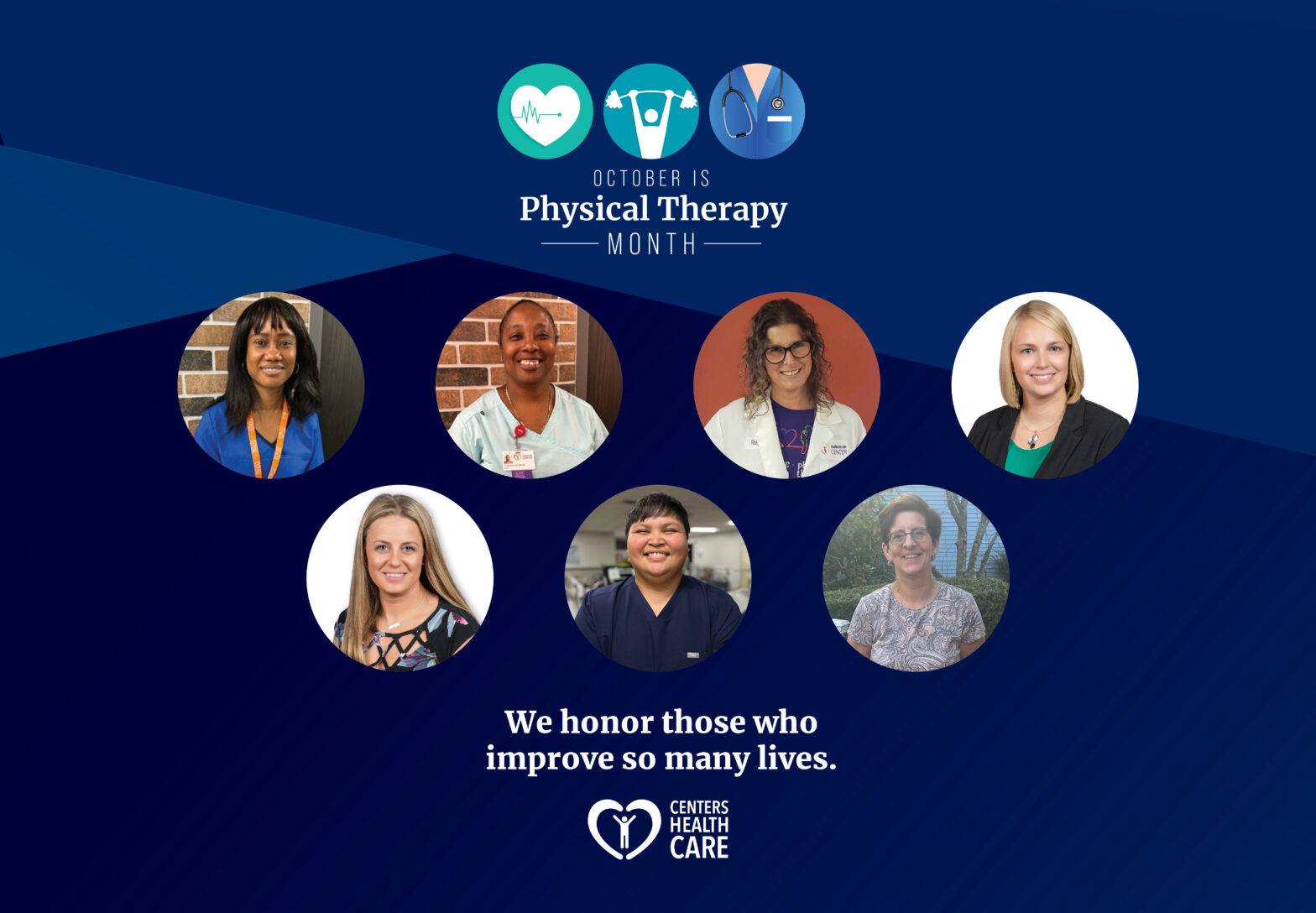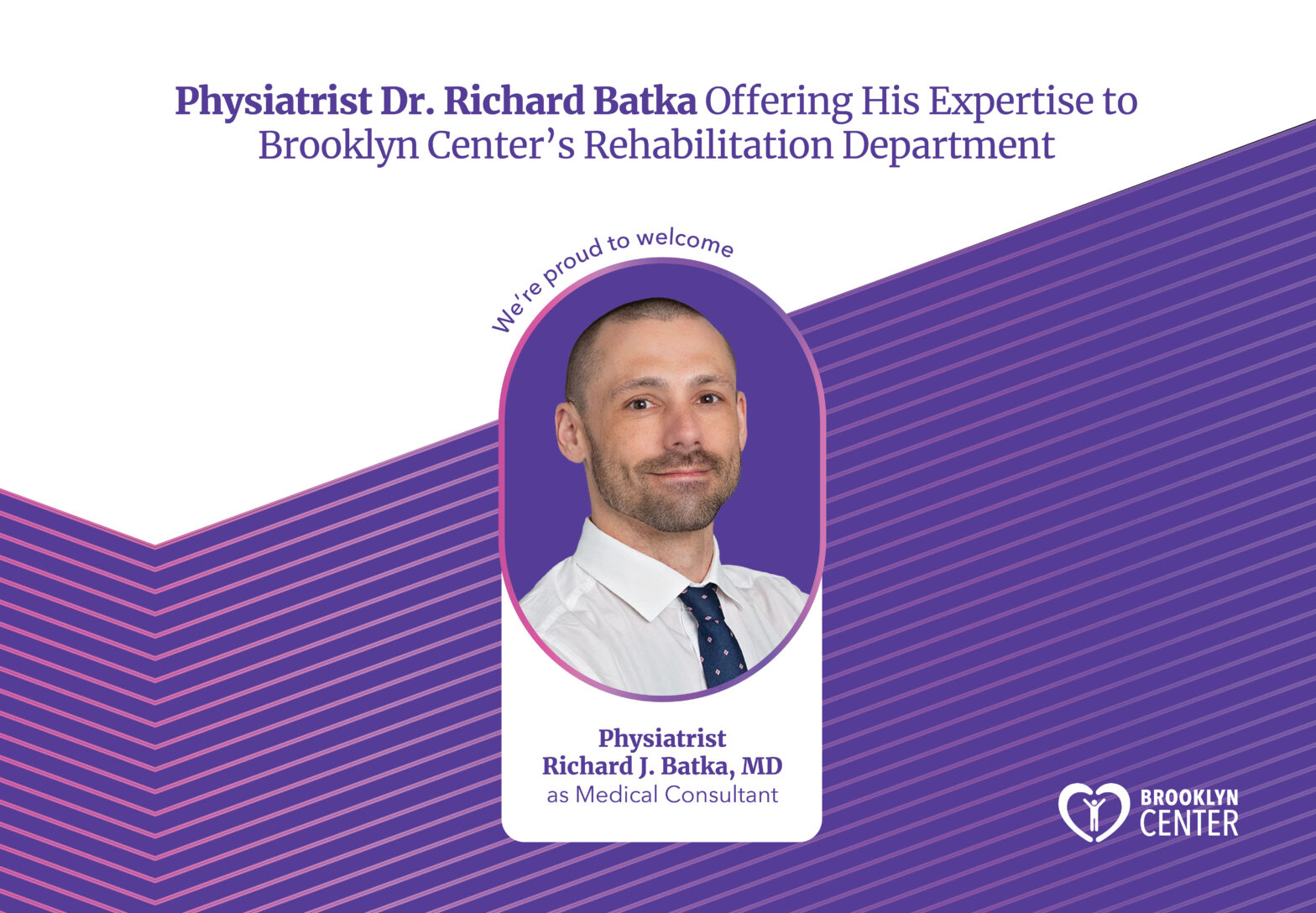Indoor Lighting Options to Brighten Up the Winter Months

We’re in the thick of the winter months, and it’s prime time for seasonal affective disorder (SAD), otherwise known as seasonal depression, to creep up on us. Symptoms include a feeling of listlessness, having excess food cravings, difficulty concentrating, and feeling tired and sluggish.
There are many things that bring SAD on, but a common one is reduced levels of sunlight in the fall and winter months affecting your serotonin (brain chemical that affects mood) and melatonin (hormone that plays a role in sleep patterns) levels.
One common—and relatively easy—method to try and combat SAD is to increase the natural light levels in your home. This process is called phototherapy, aka light therapy.
Centers Health Care has three products you can try that will help increase the natural light in your home.
- Daylight Light Bulbs
Instead of soft white light, which is the most common style of bulb, purchase some bulbs featuring natural light. These are brighter, whiter lights (as opposed to the yellow-ish look of soft white) that emit more blue light, which wakes your body up in the morning and keeps it up during the day. Kitchens and bathrooms are popular locations for these kinds of bulbs, but you may want to have soft-white options as well to use at night.
- Tubular Skylights
These aren’t typical skylights where it’s almost like a window in the ceiling. Rather, these use a light-collecting dome on the roof and a tube reflects the light down into your living space. This creates a lot more light than a bulb can produce—even on an overcast day. The one downside is that professional installation is required, but you will save on energy costs.
- Sunrise Alarm Clocks
Sleep experts advise going to bed and waking up at around the same time every day, but if you keep your bedroom dark, you won’t get the natural benefit of waking up when the sun comes up if you like to sleep in a little bit (or if you wake up before the sun comes up). If this sounds like you, try a sunrise alarm clock. These begin to gradually brighten starting at around 30 minutes before your alarm goes off and is a more gentle way of waking up instead of being startled by a sound alarm alone.


